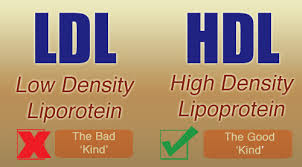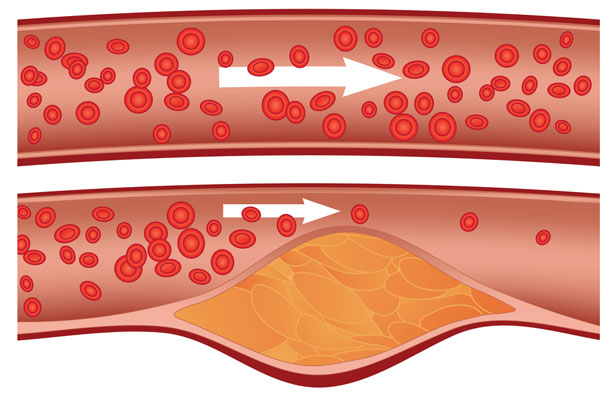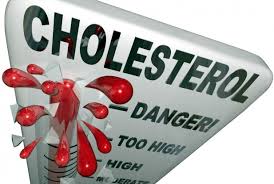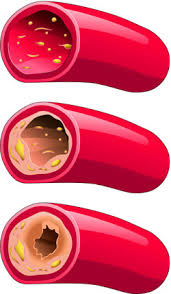 National Institutes of Health researchers have shown that women’s cholesterol levels correspond with monthly changes in estrogen levels. This natural variation, they suggest, might indicate a need to take into account the phases of a woman’s monthly cycle before evaluating her cholesterol measures. On average, the total cholesterol level of the women in the study varied 19 percent over the course of the menstrual cycle.
National Institutes of Health researchers have shown that women’s cholesterol levels correspond with monthly changes in estrogen levels. This natural variation, they suggest, might indicate a need to take into account the phases of a woman’s monthly cycle before evaluating her cholesterol measures. On average, the total cholesterol level of the women in the study varied 19 percent over the course of the menstrual cycle.
In a typical cycle, estrogen levels steadily increase as the egg cell matures, peaking just before ovulation. Previous studies have shown that taking formulations which contain estrogen — oral contraceptives or menopausal hormone therapy — can affect cholesterol levels. However, the results of studies examining the effects of naturally occurring hormone levels on cholesterol have not been conclusive. According to the NIH’s National Heart, Lung and Blood Institute, high blood cholesterol levels raise the risk for heart disease.
The researchers found that as the level of estrogen rises, high-density lipoprotein (HDL) cholesterol also rises, peaking at the time of ovulation. HDL cholesterol is believed to be protective against heart disease.
In contrast, total cholesterol and low-density lipoprotein (LDL) cholesterol levels — as well as another form of blood fat known as triglycerides — declined as estrogen levels rose. The decline was not immediate, beginning a couple of days after the estrogen peak at ovulation. Total cholesterol, LDL cholesterol and triglyceride levels reached their lowest just before menstruation began.
Source: NIH News


